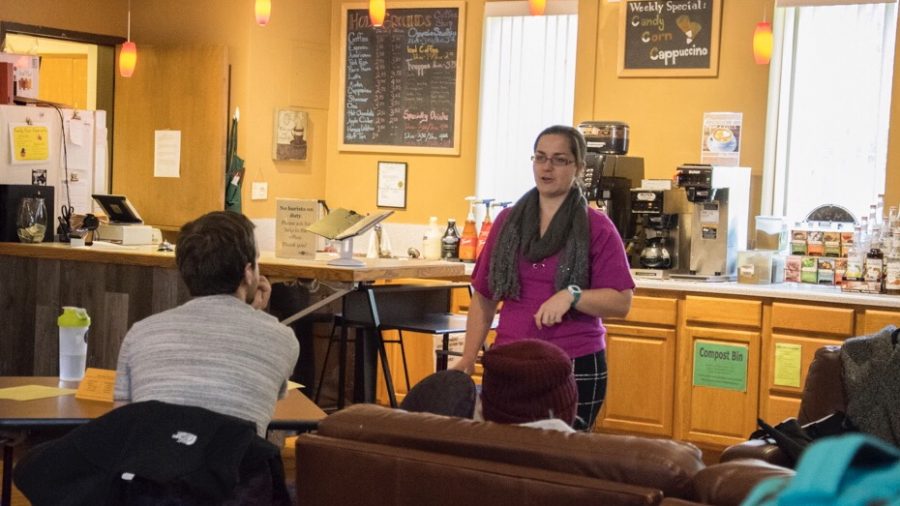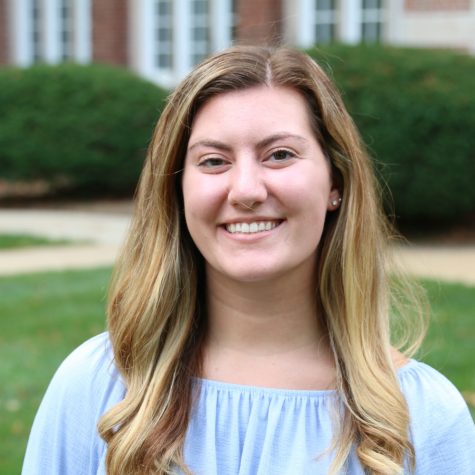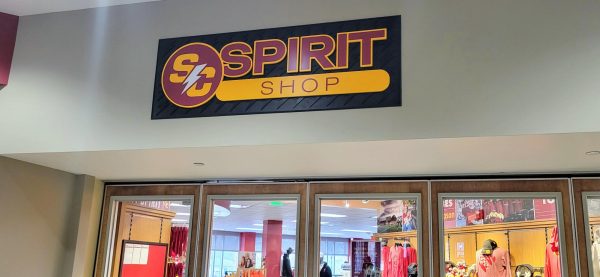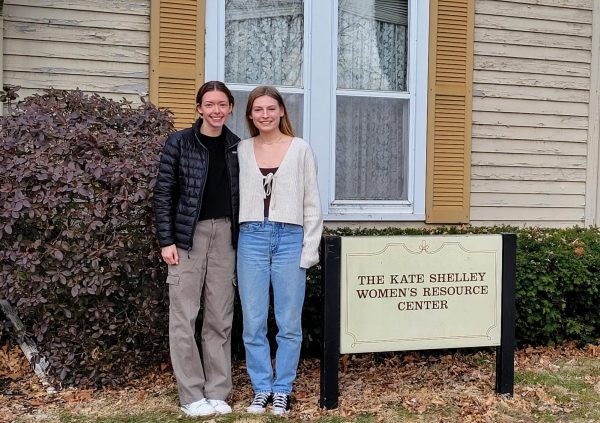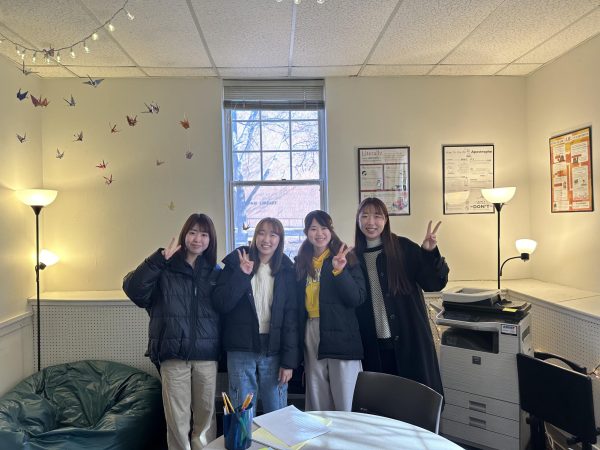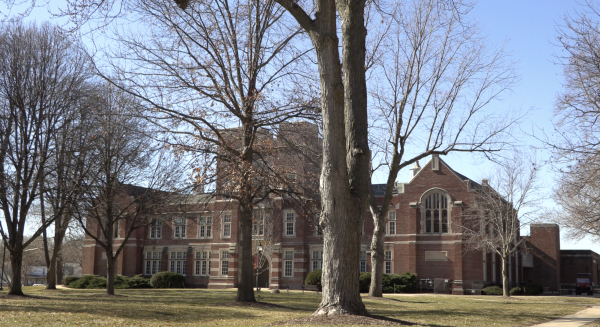New mental health initiatives in the works
With a rise in mental health problems among college students, the Student Government Association is partnering with counseling services to offer a 24-hour mental health hotline for students, as well as a mental health education series. (Photo: Josie Clarke/The Simpsonian)
November 10, 2017
INDIANOLA, Iowa — The Student Government Association and counseling services are partnering to give Simpson students a mental health education series and a 24-hour mental health hotline.
Mental health problems are rising among college students and more than 75 percent of all mental health conditions develop before age 24, according to the National Alliance on Mental Illness.
That is why more college students are in need of access to mental health counseling and treatment options.
SGA representatives Rae Konz and James Simmons have been working to give students resources to support mental health on campus. One resource is an educational series about mental health issues.
The first event in the educational series, which happened Nov. 3, covered stress and time-management tactics.
“Finals are coming up faster than people are expecting, so we figure it’s a good time to start educating students on how to manage their stress,” Konz said.
Konz, a member of SGA’s Advocacy and Internal Affairs Committee, wants to advance the mental health program on campus so students have the ability to handle mental health issues they face in a healthy way.
“By working with students to better their mental health, it will make for a better college experience for everyone,” Konz said, “I don’t want to be the college campus where something happens and we didn’t do everything we possibly could to help someone who needed it.”
Simmons is looking into a 24-hour hotline of mental health services for Simpson. The college would finance an outside organization to have certified clinicians and counselors available to talk to anyone at any time.
“We’re currently considering a service provider called ProtoCall, but it costs a lot, so right now we’re looking at better financing options,” Simmons said.
Usually, organizations such as ProtoCall provide services to much larger colleges and universities than Simpson, so Simmons is in the process of either finding a smaller organization or working out a more individualized plan to accommodate Simpson’s school size.
If ProtoCall is chosen, it would work with Simpson’s counseling services to work with the individual needs of students. Simmons has been in contact with ProtoCall representatives for several weeks now.
“ProtoCall’s clinicians would be a resource for students to reach out to during fall breaks, winter breaks and other times when our counselors aren’t on campus or it’s outside of normal counseling hours,” Simmons said.
ProtoCall has more than 100 clinicians who take about 500,000 calls a year nationally, Simmons said.
“The earliest possibility to have this hotline implemented on campus would be February of next year,” Simmons said, but the process is still in the works.
The hotline must be approved by SGA, funded and must go through a two-month installment process.
If this process doesn’t happen before February, it will take another six months because ProtoCall only accepts organizations every six months.
Simmons estimates the project should launch into a working service for Simpson next fall.
Ellie Olson, director of counseling services, has been guiding Simmons and Konz through the process, and her opinions and suggestions have been helpful throughout the project, Simmons said.
Because this hotline project could take another year before any organization is implemented on campus, Simmons encourages students to go to counseling services and know they’re not alone.
Konz also urges students to use counseling services and says if a student is facing an urgent issue, they can call the National Suicide Prevention Lifeline at 800-273-8255 to speak with a trained crisis counselor.
Counseling services is located on the second floor of the Kent Campus Center, and the hours are from 8 a.m. to 4:30 p.m. Monday through Friday.
To schedule an appointment with a counselor, students can call 515-961-1332, email [email protected] or stop by the office.
“Reach out. It doesn’t mean you’re broken. It doesn’t mean you’re weak. It just means you’re struggling and there’s always someone there to help you,” Simmons said.
Konz is helping to plan more events in the educational series.
The next event is Dec. 5 and is set to bring awareness about the Deferred Action for Childhood Arrivals program by educating students and encouraging civic engagement through a guest speaker.



